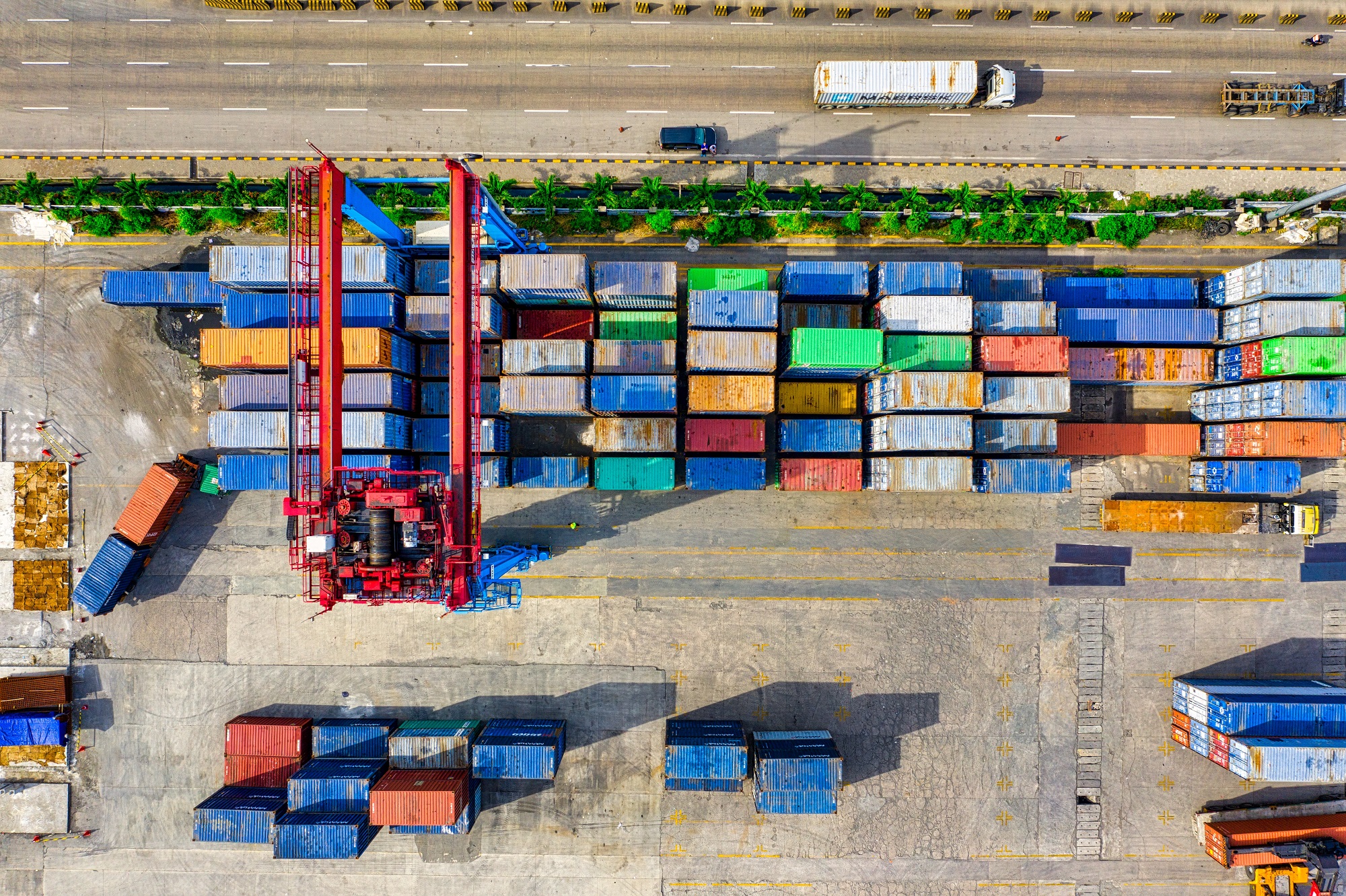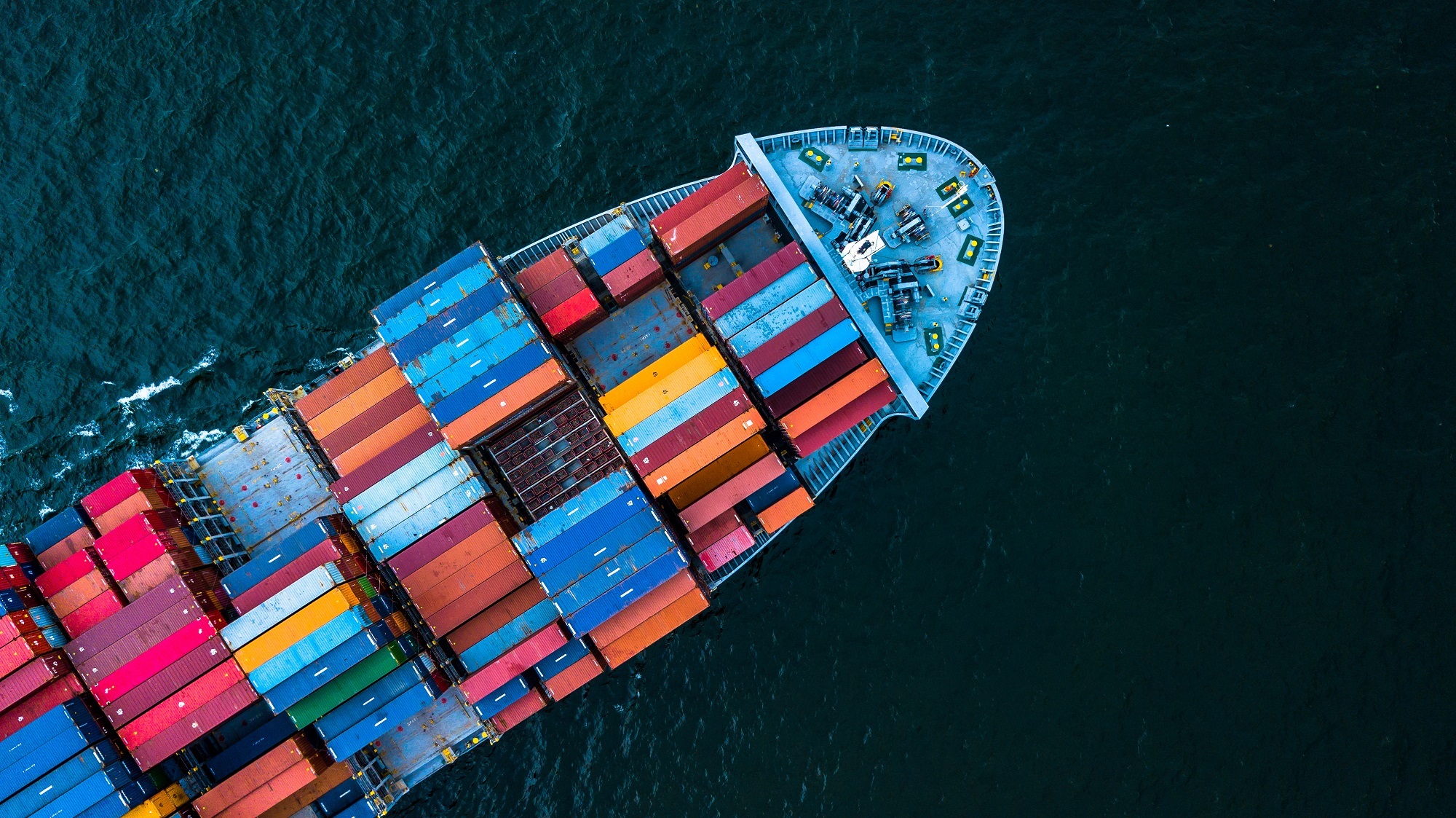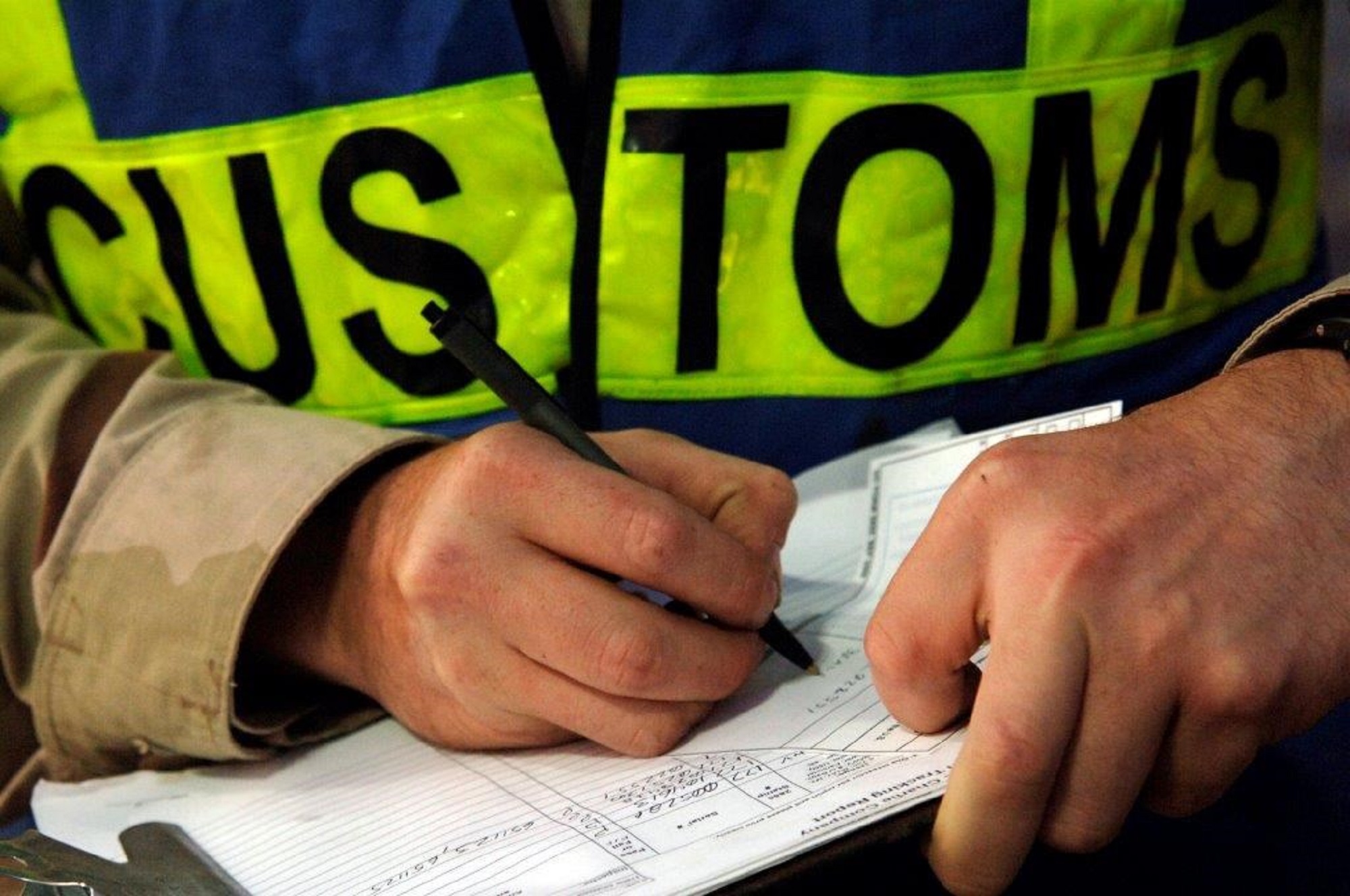A few weeks ago the Dutch Customs authorities announced that as of December 1, 2019, a non-EU established company will no longer be allowed to be mentioned as ‘exporter’ in box 2 of the export declaration in the Netherlands. However, in order to provide these companies with a period to prepare and adapt to the new situation the Dutch Customs authorities decided to adjust the effective date to April 1, 2020.
At this moment, it is still possible for non-EU established companies to be mentioned as ‘exporter’, if they appoint an indirect customs representative. As of April 1, 2020, non-EU established companies will need an alternative way in order to deal with their export transactions from the Netherlands.
Please note that after the Brexit, the UK could be considered to be a third (i.e. non-EU) country and therefore this possibly could affect companies established in the UK as well.
Background
In order to harmonize EU legislation between EU Member States, the EU commission created (in July 2018) a new definition of exporter in the EU in the UCC Delegated Act. This new definition required that the company which acted as the exporter needs to be established in the EU. In accordance with the definition of the UCC Delegated Act the Netherlands decided that non-EU established companies can no longer be mentioned as ‘exporter’ on the export declaration in the Netherlands.
Impact on your business
For non-EU companies which intent to export goods from the Netherlands the upcoming changes will have an impact on their underlying contracts with suppliers, customers, their indirect customs representative etc. Besides these contracts, the changes will also have an impact with respect to the IT-systems, Incoterms being used and possibly even invoices being issued or received.
Proof zero VAT rate
Non-EU companies selling goods whereby goods are exported from the Netherlands could apply the 0% VAT rate for export supplies if the conditions are met. The 0% VAT rate needs to be substantiated by sufficient proof that the goods have left the territory of the EU. Often the export declaration will be used as part of the proof.
As mentioned before per April 1, 2020, it is not possible for companies which are not established in the EU to be mentioned as ‘exporter’ on the export declaration. Therefore, this document could possibly no longer serve as proof that the goods left the territory of the EU and substantiate the application of the 0% VAT rate. In this respect the company must keep other documents which prove that the goods have left the territory of the EU.
Preparation
We recommend companies to map the consequences of the upcoming changes already in this stage. Non-EU companies and indirect customs representatives involved in export transactions can already review their supply chain and determine the consequences of the new regulation, the possible risks and the steps to be taken in this respect. In this field, we of course will be able to assist you with mapping risks and providing solutions.
If you have any questions or would like to discuss the impact and / or solutions for your company, please feel free to contact us.
This content was published more than six months ago. Because legislation and regulation is constantly evolving, we recommend that you contact your Baker Tilly consultant to find out whether this information is still current and has consequences (or offers opportunities) for your situation. Your consultant will be happy to discuss the latest state of affairs with you.





